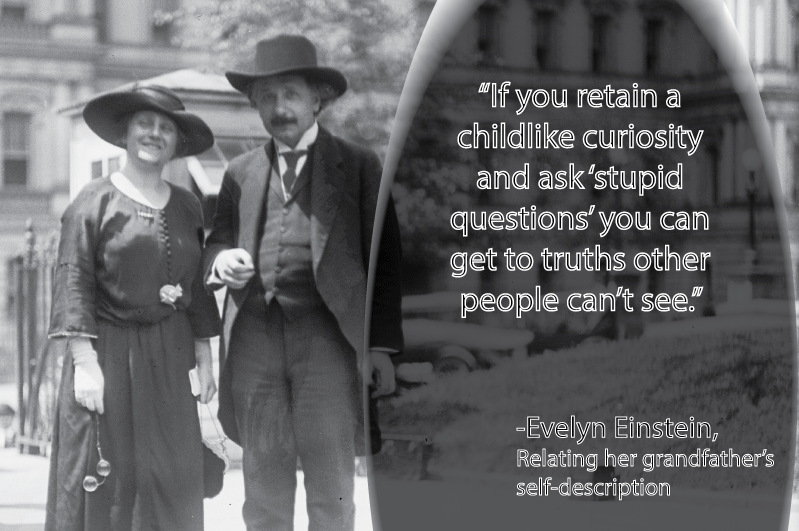
Who Can Learn Science?
Science can be tough to understand. Doing science is hard work, but is it any harder than waiting tables or herding steers? I don’t know, because I haven’t done enough of any of those jobs to make a comparison. What I do know is that I can order and enjoy the meatloaf blue plate special without ever learning to serve tables or raise beef.
But you cannot evaluate the conclusions or discoveries of science without at least some understanding of how science is done. Put another way, you need an understanding of why scientists believe the things they do. It doesn’t make any sense to argue that scientific conclusions are right or wrong without having some idea how those conclusions have been reached.
That’s why I’ve started this site. There are many sites that discuss scientific discoveries and technological advances, but I haven’t yet found one that provides a straightforward answer to a very important question:
How is Science Different From Other Ways of Learning About the World?
Why should you care? Well, primarily because I agree with Nobelist E.O. Wilson, who said that science is “the most effective way of learning about the real world ever conceived.” But there are other reasons as well, and if you’d like to read my opinion on why we all should learn about science, you can find it here. If you already believe you should know more about science than you do, then this site is a great place to get started, so read on.
Before you go on, though, here’s a note about the plan for the organization of this site.
First of all, just as I did in the previous paragraph, I will try to summarize the purpose of the different sections on this site. That way, if you already are familiar with what I intend to do with a given section you can simply skip the section in question. (Unless, of course, you just want to read my take on the subject, which may be a little different than your own.)
Second, although I do think this material is so important that “everyone should know it,” I realize it’s a little unrealistic to expect seven billion people to drop everything and come on over to Science for the Curious. It’s probably not even reasonable to aim to attract the world’s 840 million English speakers. I do expect three different types of people to come by:
- Lifelong learners: folks who now wish they had learned a bit more about science in school,
- Current students who want a little more foundational knowledge to make their studies go more smoothly,
- K-12 Teachers who are looking for easier ways to communicate the essentials of science to their students.
You’ll find many of the resources here are developed with one or two of those categories of people in mind. You’ll probably get the most out of this site by finding the sections that have been developed with you in mind, but you’re certainly not restricted to any particular category, so browse at will!